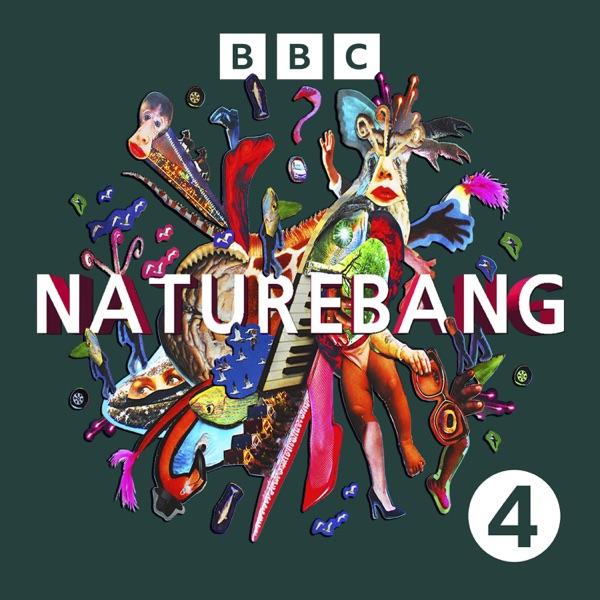
Becky Ripley and Emily Knight make sense of what it means to be human by looking to the natural world... Science meets storytelling with a philosophical twist.
Becky Ripley and Emily Knight make sense of what it means to be human by looking to the natural world... Science meets storytelling with a philosophical twist.

Rhythm is everywhere in the biological world. The rhythm of heartbeat, the rhythm of breathing, the rhythm of gait and walking. In fact, in 'The Descent of Man', Charles Darwin wrote that the perception of rhythm is "probably common to all animals and no doubt depends on the common physiological nature of their nervous system.” And yet, recent studies have shown that even our closest living relatives, the great apes, can't seem to keep a beat. Becky Ripley and Emily Knight investigate.
Enter YouTube sensation Snowball the Cockatoo. Much to the intrigue of evolutionary biologists, Snowball loves to dance to anything with a strong beat. Especially The Backstreet Boys. How is it that chimpanzees can't keep a beat and yet this parrot - which is more closely related to a dinosaur than a human - clearly loves to groove? What's going on in the brain of this bird? And how does that link to our own beat-keeping brains?
Back in the human world, there's serious neurological benefit to this beat-based research. The more we understand how and why people move to a beat, the more we can appreciate its powerful therapeutic effects. It unites our brains with our bodies, which can help to relieve symptoms of movement-based neurological disorders like Parkinson's, and it unites us to each other.
Featuring cognitive neuroscientist Aniruddh Patel and dance psychologist Peter Lovatt.